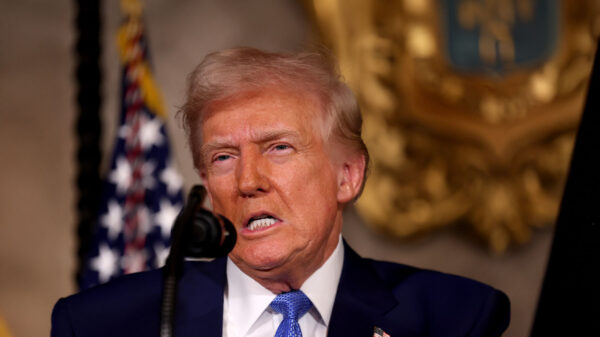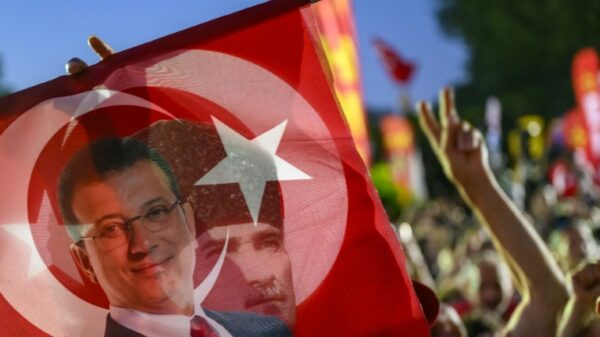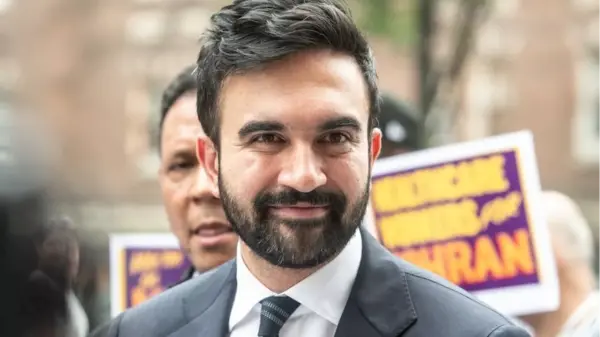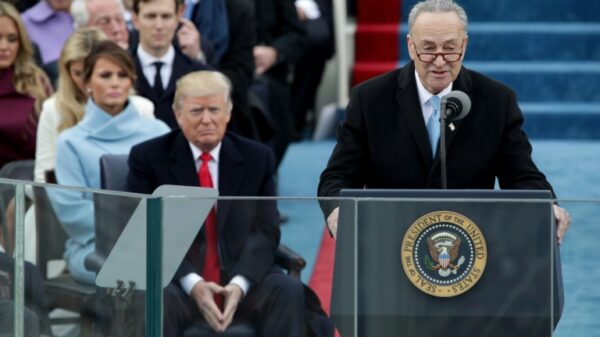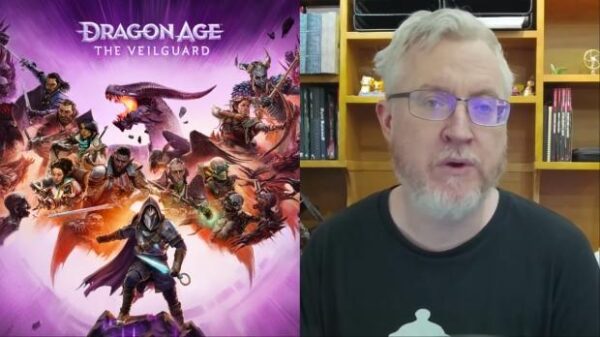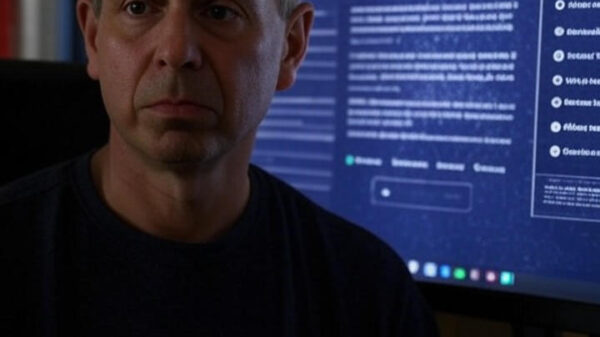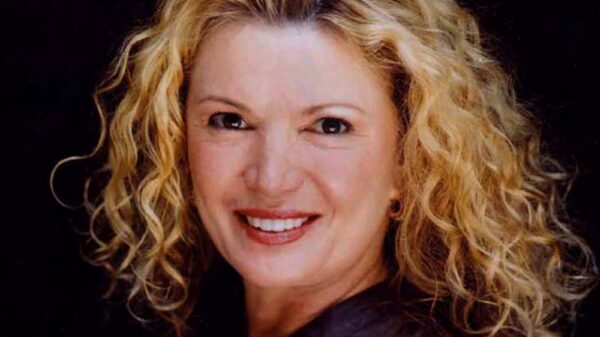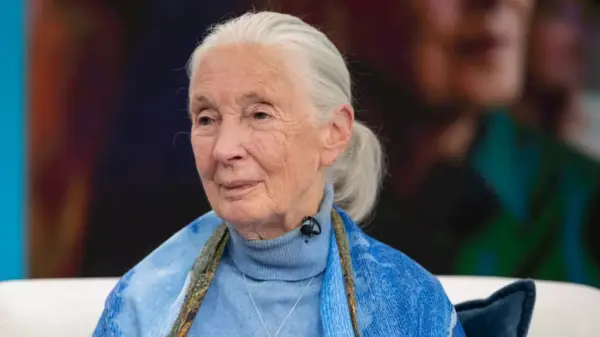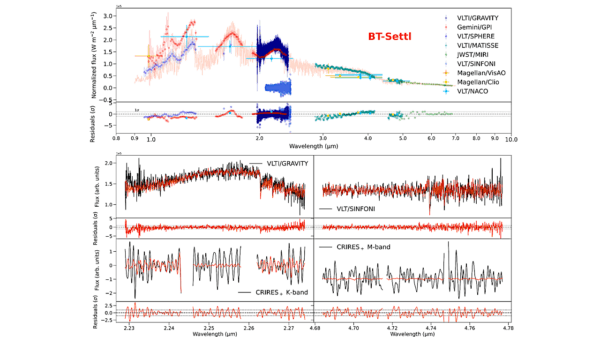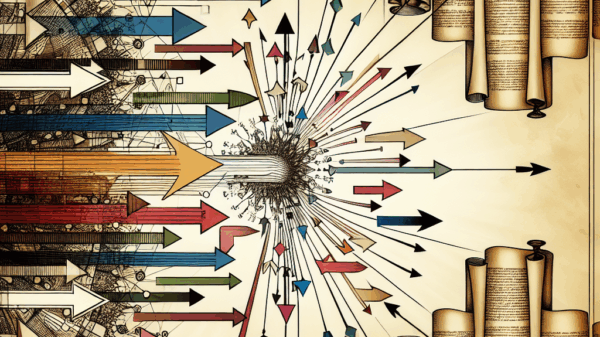Over 1,300 filmmakers and actors have pledged to refuse collaboration with Israeli film institutions in a significant move highlighting their stance amid the ongoing crisis in Gaza. This collective decision is rooted in a shared belief that the film industry must address its complicity in the violence occurring in the region.
In a statement issued by the group, they articulated their commitment to standing against the actions that they perceive as enabling “carnage in Gaza.” They emphasized the urgent need to hold accountable those who contribute to the current situation through complicity, whether directly or indirectly.
Calls for Accountability and Solidarity
The statement reflects a growing sentiment within the entertainment community regarding the ethical responsibilities of artists. The signatories, which include prominent figures from diverse backgrounds in the film industry, have expressed that solidarity is necessary during this critical moment. They assert that silence or inaction in the face of such humanitarian crises is unacceptable.
This mass refusal to engage with Israeli film institutions represents a broader movement within the arts to leverage influence for social justice. By taking this stand, the filmmakers and actors aim to raise awareness about the conditions in Gaza and advocate for a cessation of violence.
A Movement Fueled by Global Concerns
The backdrop of this boycott is the intensifying conflict in Gaza, which has drawn international attention and condemnation. Many governments and organizations have faced criticism for their roles in perpetuating the violence, prompting artists to reflect on their own positions and responsibilities.
The decision to boycott is part of a larger trend where artists and public figures increasingly align their work with their values. By choosing not to collaborate with institutions perceived as complicit in the crisis, these filmmakers and actors hope to inspire others within the industry to consider the implications of their partnerships.
This collective action is not just about refusing to work; it is also about fostering dialogue within the film community about the ethical dimensions of artistic engagement and the impact of their work on global issues. The statement concludes with a call for all artists to take a stand against injustice and to use their platforms to advocate for change.
As the situation in Gaza continues to evolve, the actions of these over 1,300 filmmakers and actors may resonate beyond the screen, influencing public discourse and encouraging further engagement from the arts community in humanitarian issues.










